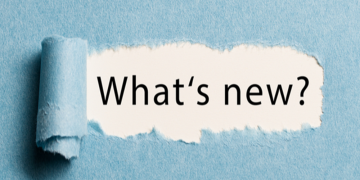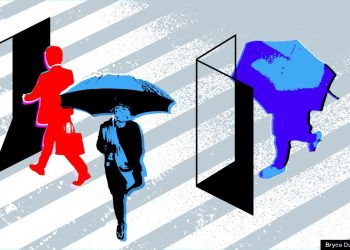DOUGLAS, WYO. – The stakes were clear to the two dozen police officers who gathered for a workshop with an ambitious and increasingly urgent mission — recalibrating the way police interact with the public in America.
The class took place the same week as jury selection for the trial of Derek Chauvin, the former Minneapolis officer who was convicted Tuesday of second-degree unintentional murder, third-degree murder and second-degree manslaughter in the death of George Floyd.
No one attending the conference would deny that the profession failed the day Floyd died with Chauvin’s knee on his neck. They came to the classes with the idea that judo, the martial art with a deep global history and an imprint at the Olympics, but still shallow roots in the United States, might be able to help fix it.
“The social contract between police officers and the public is degrading a bit,” said Joe Yungwirth, a trainer at the workshop who built his career doing counterterrorism work for the Federal Bureau of Investigation or the FBI and now runs a judo academy in North Carolina. “All law-enforcement officers I know, we feel we need to bring that back in line somehow.”
That has been a common refrain over a year’s worth of police shootings and protests, all of which have been underscored by calls for police reform.
The judo project is, by any account, an outside-the-box idea. Because the sport, known by insiders as “the gentle way” of martial arts, has little emphasis on…


























































